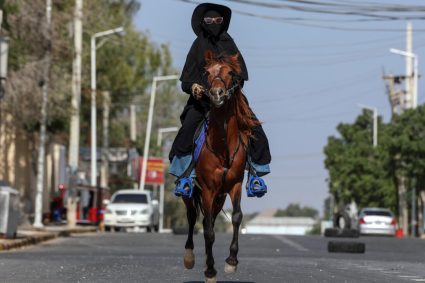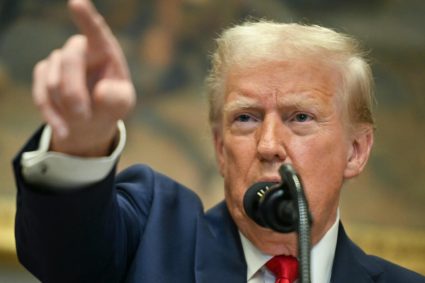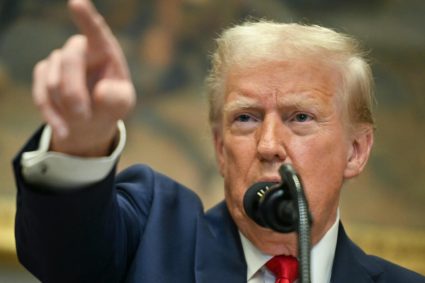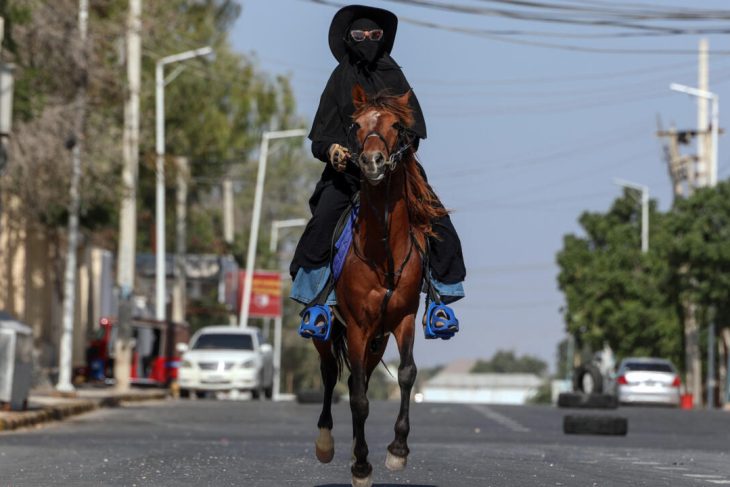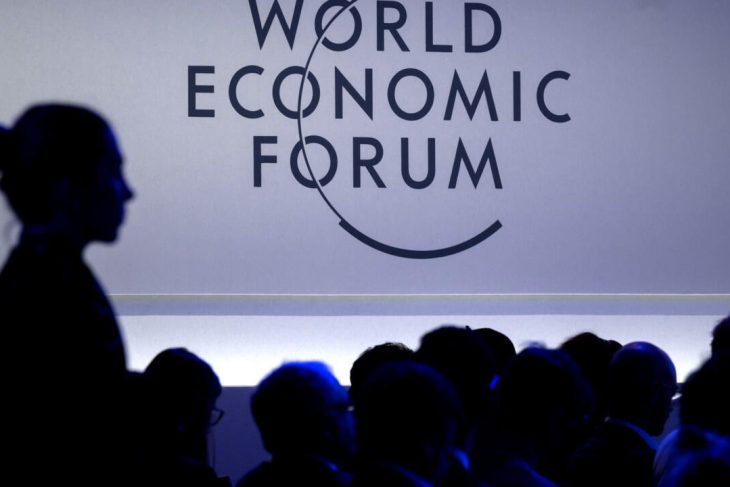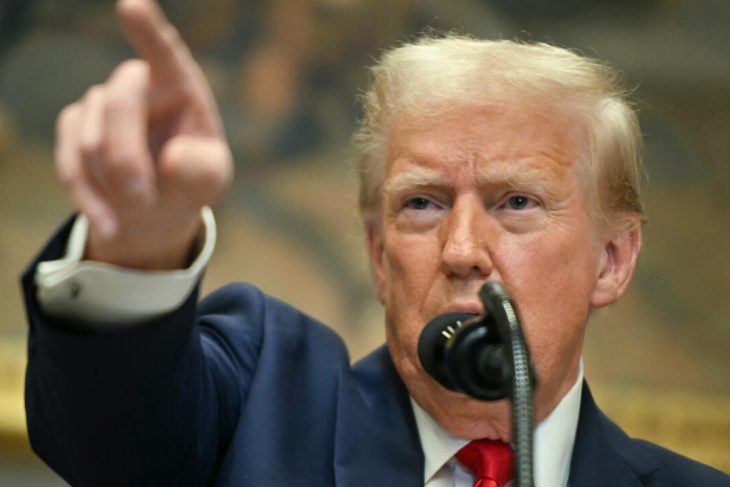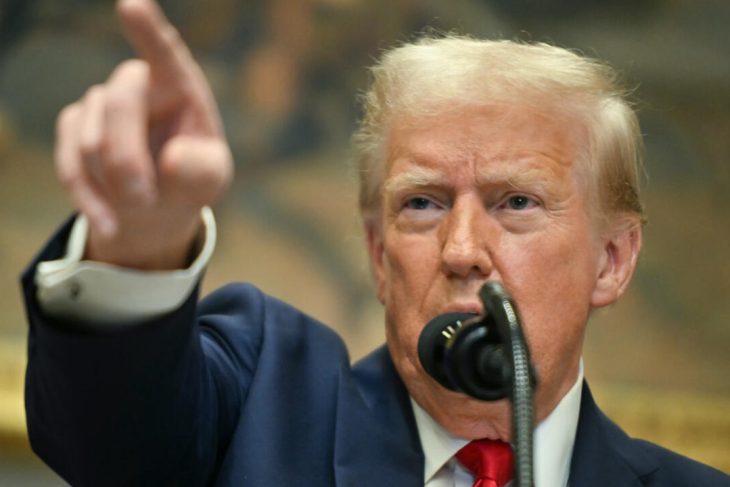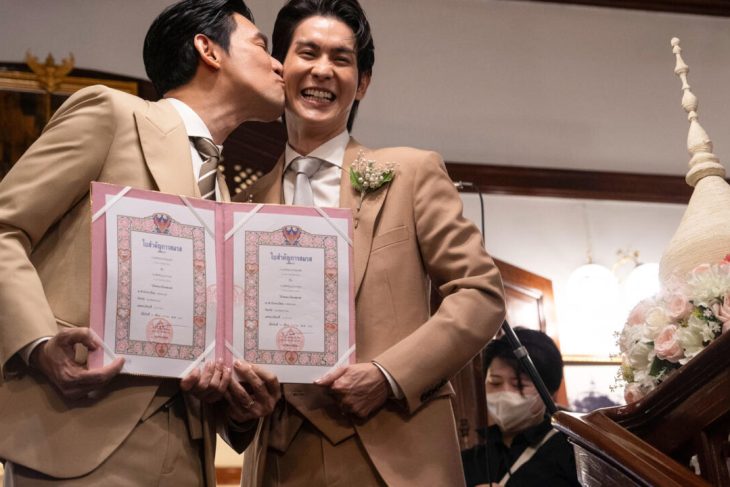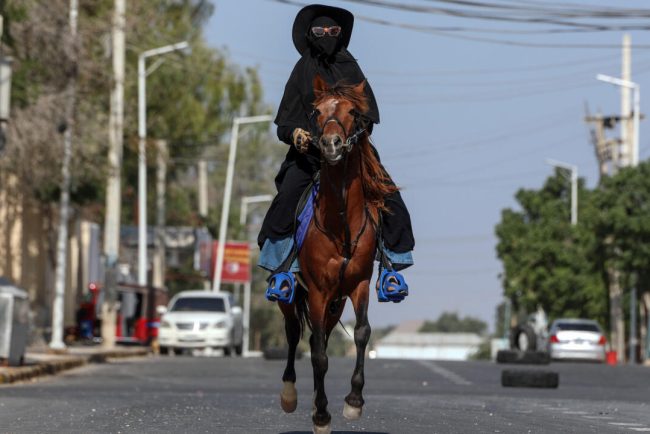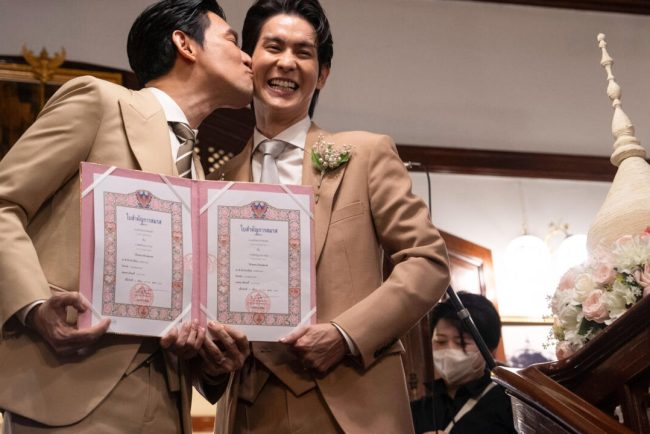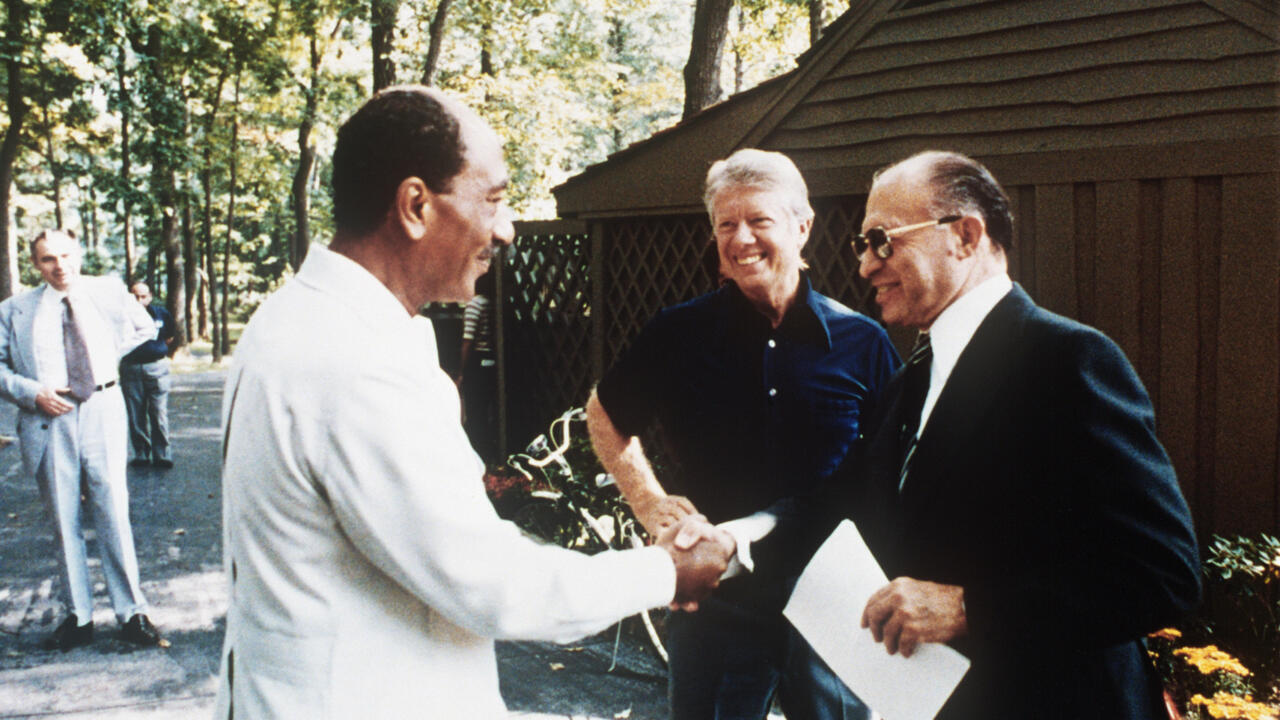
Uniquely among modern US presidents, much of Carter’s legacy came after he left the White House. He won the Nobel Peace Prize more than two decades after his defeat at the polls.
The Carter Center, which he established in his home state of Georgia, has championed democracy and global health, observing elections in dozens of countries and virtually eradicating guinea worm, a painful infectious parasite.
Carter also took risks that few others of his stature would. He paid a landmark visit to North Korea in 1994, helping avert conflict, and infuriated Israel by asking if its treatment of the Palestinians constituted “apartheid.”
But the accusations of weakness never went away.
Conservative academic William Russell Mead, in a 2010 essay in Foreign Policy magazine, called on then-president Barack Obama to avoid “Carter Syndrome,” which he described as “weakness and indecision” and “incoherence and reversals.”
Carter personally responded in a letter that listed accomplishments on the Camp David accords, China, the Soviet Union and human rights, while describing the fall of Iran’s shah as “obviously unpredictable.”
“Although it is true that we did not become involved in military combat during my presidency, I do not consider this a sign of weakness or reason for apology,” he wrote.
© 2024 AFP
